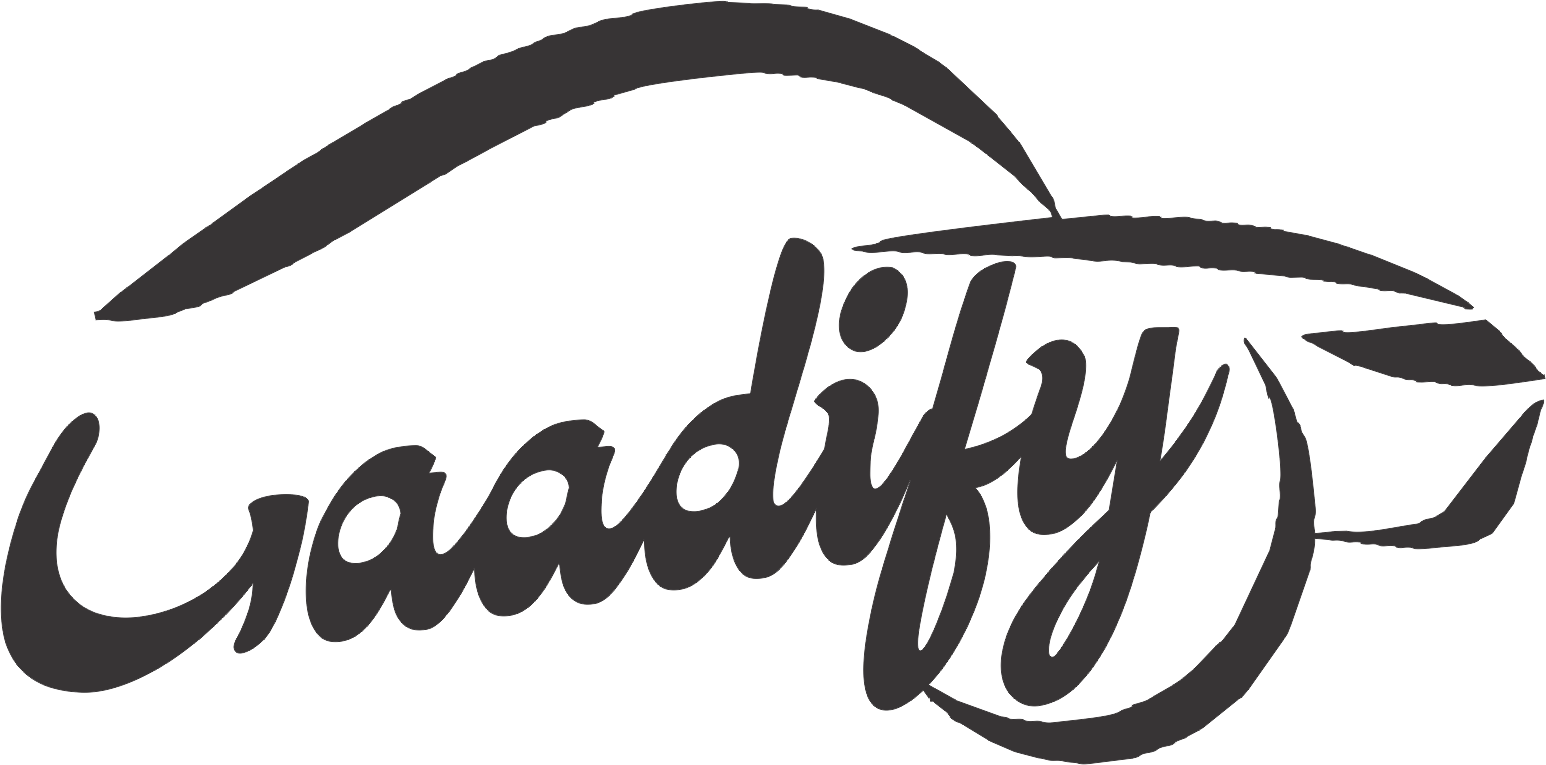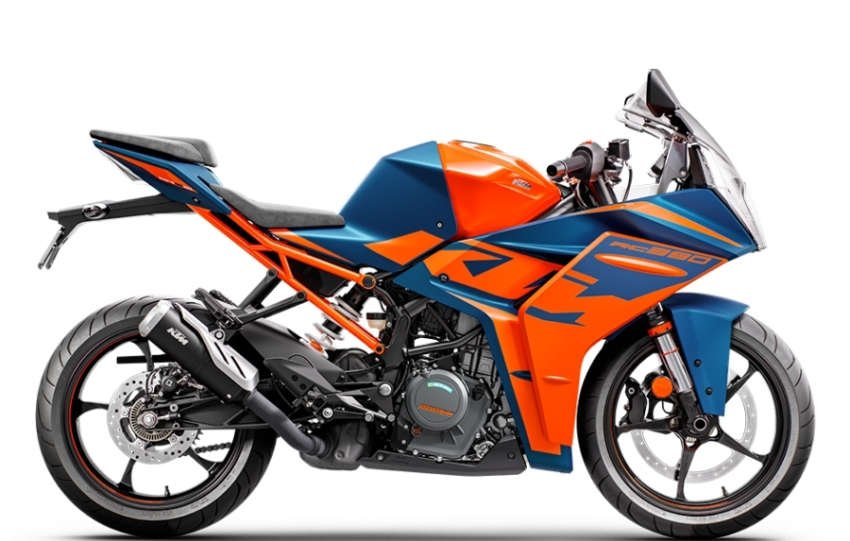The union budget for the financial year 2021-22 were announced yesterday by our finance minister Nirmala Sitharaman. A lot of expectations were left out in the accounts. But in the expert's opinion, the budget was essentially centered on bringing the economy back to normal which was already severely affected by the recession, and then the COVID-19 epidemic fueled the fire. In this story, we won't discuss the whole budget but will concentrate on the key highlights of the budget focused on the automotive sector.

1. Voluntary vehicle scrappage policy
The Indian govt has finally approved the most demanded vehicle scrappage policy, which will phase out the unfit & polluting vehicles systematically from the roads. As per this policy, passenger vehicles that are 20 years or older would require to undergo a fitness test, and if it fails then it would be scrapped. For commercial vehicles, the age is up to 15 years.

This will not only curb vehicle pollution but will also encourage the buyers to opt for environment-friendly vehicles. More details regarding the scrappage policy will be shared by the Ministry of Road Transport and Highways (MoRTH) soon.
2. Rise in custom duty on some auto parts
The Finance Minister has also announced an increase of up to 15% (from 10%) on custom duties of selected auto parts. Some of these parts include windscreen wipers, ignition wiring sets, electrical lighting, instrument panel clocks, and clocks, defrosters, safety glass, and demisters. This move will largely impact those premium and luxury cars, which are sold in our country as a completely knocked down (CKD) unit. However, the government states that this step will encourage the automakers for manufacturing such automobile components locally.

3. Decline in custom duty on Steel
Custom duties on steel products have been reduced to 7.5% on semis, flat and long products of non-alloy, alloy, and stainless steels. This could benefit both automobile manufacturers and the customers as this will ultimately reduce the input cost of manufacturing.

4. For public transport
To strengthen public transport infrastructure in the country's urban areas and procure 20,000 buses in the coming years, a budget of Rs 18,000 crore has been announced. Addressing the concern, the finance minister said-
"We will work towards raising the share of public transport in urban areas through expansion of metro rail network and augmentation of city bus service. A new scheme will be launched for Rs 18,000 crores to support the augmentation of public bus transport services. The scheme will facilitate the deployment of innovative PPP models to enable private sector players to finance, acquire, operate and maintain over 20,000 buses. The scheme will boost the automobile sector, provide a fillip to economic growth, create employment opportunities for our youth and enhance ease of mobility for urban residents.
5. New highway projects announced for election-bound states
The government has granted Rs 3.3 lakh crore for the development of more commercial corridors in Tamil Nadu, Kerala, West Bengal, and Assam. Assembly elections are due in all these states.

- In Tamil Nadu, 3,500 km of national highway infrastructure have been proposed at an investment of Rs 1.03 lakh crore, including the Madurai-Kollam and Chittoor-Thatchur corridors.
- In Kerala, 1,100 km of national highways have been proposed at an investment of Rs 65,000 crore, including a 600km section of the Mumbai-Kanyakumari corridor.
- West Bengal will mark the re-development of the existing Kolkata-Siliguri highway. A total of Rs 25,000 crore has been proposed for this.
- 1,300 km of national highways will be built in Assam in the next three years.


